Nursery
‘In the EYFS, pupils make fast progress for their age and ability, encouraged by the nurturing atmosphere of their environment’
– Park Hill School & Nursery ISI Inspection Report, 2020
Early Years Curriculum
We are very proud of the creative curriculum we offer here at Park Hill. The aim of our Early Years curriculum is to develop the children’s imagination, creativity and reasoning skills in order to stimulate and expand the functions of the brain. We believe this to be a more understanding and natural way of approaching education involving children in ‘first hand’ experiences.
Emphasis in our Early Years is on participation, investigation and deduction, giving rise to problem solving and discovery. Our highly skilled teachers are able to link all areas of the curriculum into the children’s learning environment. They can participate in a variety of activities linked to literacy, numeracy, expressive arts on a daily basis. The literacy aspects of the curriculum are taken from the ‘Letters and Sounds’ scheme. Phase one is the focus in First Steps where children get to
The Early Years curriculum is made up of the following seven areas of learning:
The 3 Prime areas of Learning are:
Personal, Social and Emotional Development
- Making Relationships
- Self confidence and Self Awareness
- Managing Behaviour
This includes helping the children with how to behave appropriately, to share and take turns, show kindness and consideration, acquiring a positive self-image and independence.
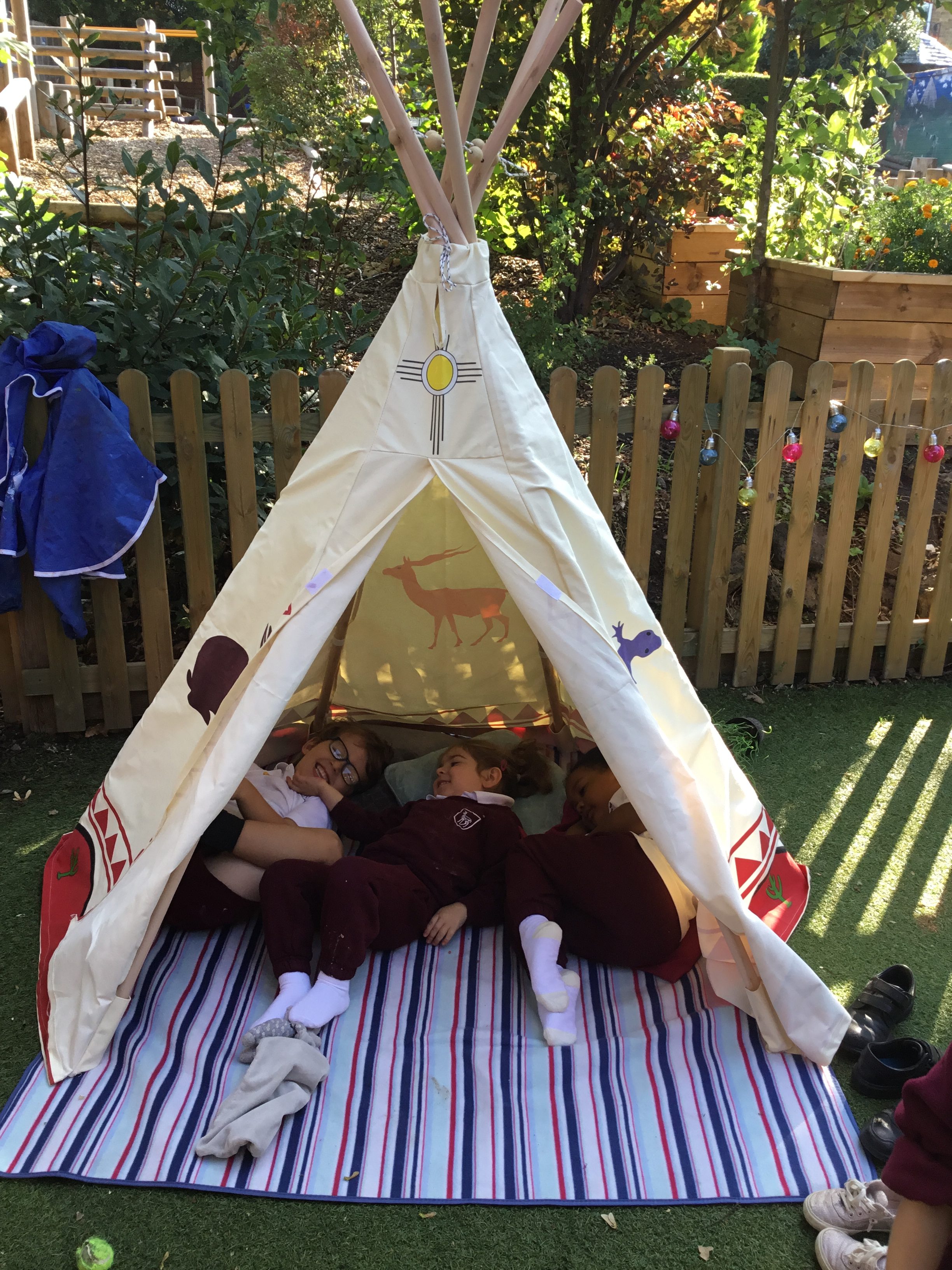
Communication & Language
- Speaking and listening skills
- Understanding and Speaking
This includes listening to others, responding to stories, joining in with repeated refrain in a story, answering questions, understanding who, what, why and where questions.
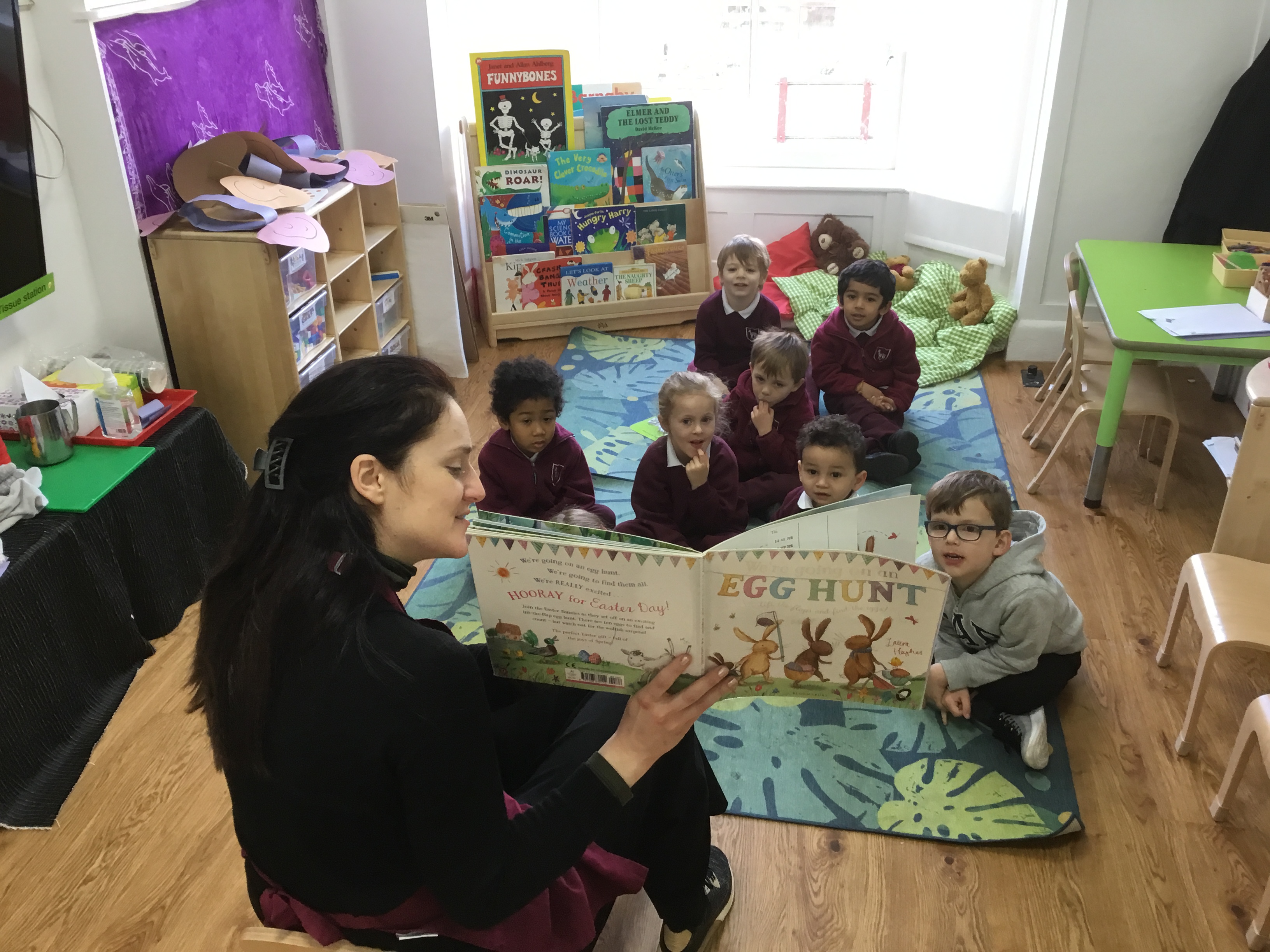
Physical Development
- Moving and handling
- Health and self-care
This includes balance and coordination, ball skills, music and movement, fine motor movements to strengthen pencil grip, body awareness and respect for others’ personal space.
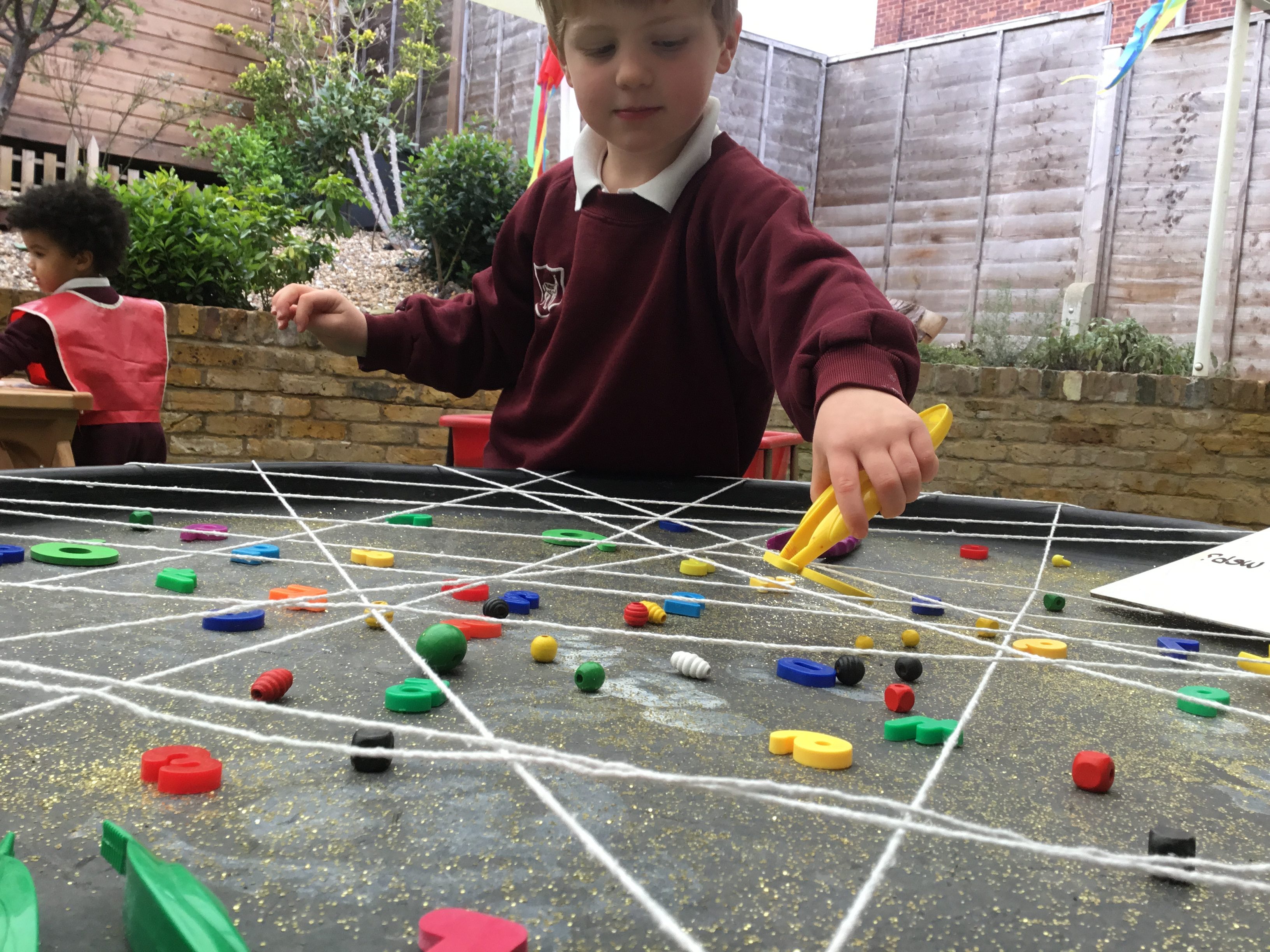
Literacy
- Reading
- Writing
This includes filling in missing word or phrases in a nursery rhyme, distinguishing the different marks they make, describing main characters, in addition to pre-reading skills.
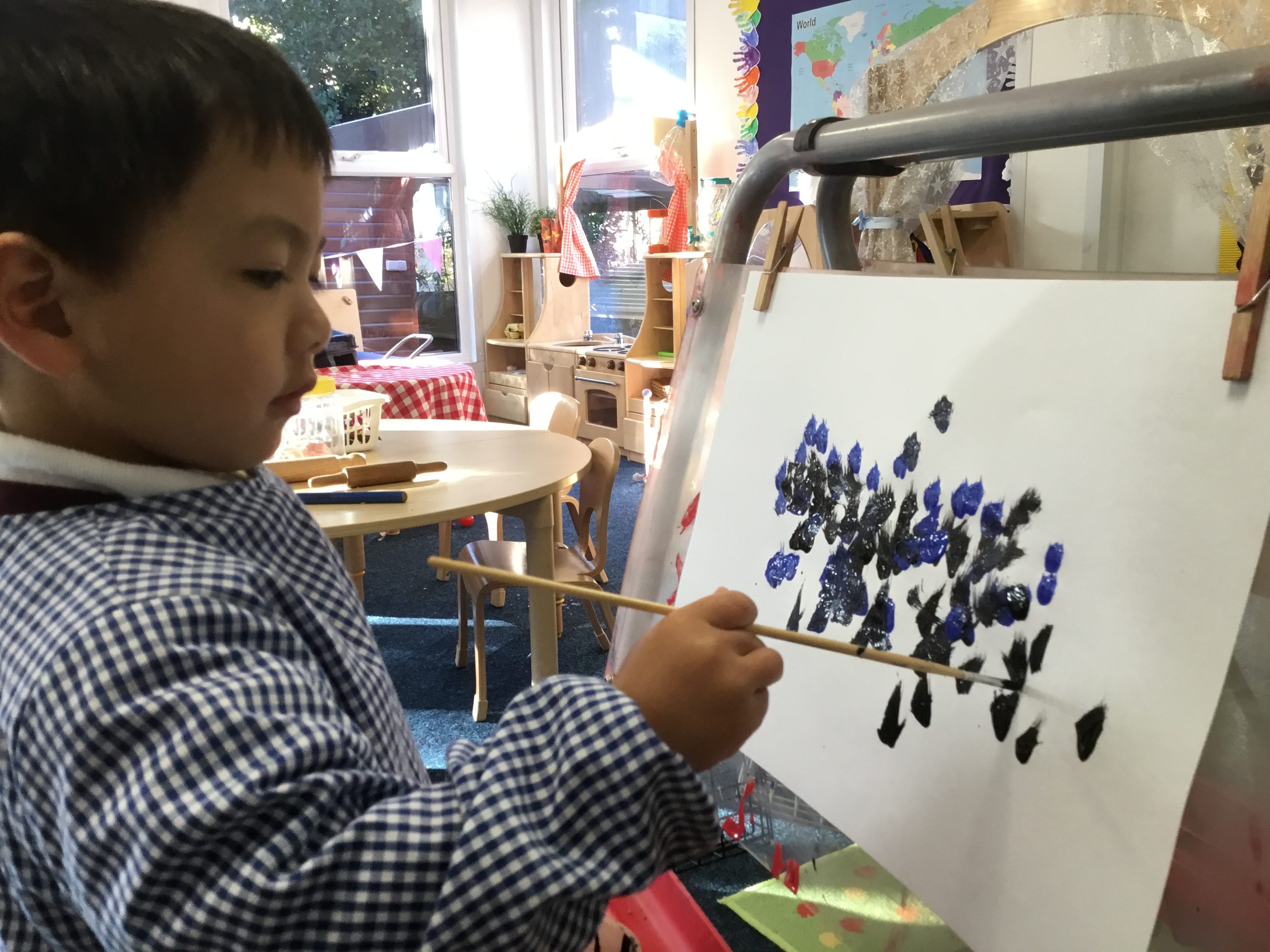
Mathematics
- Numbers
- Shape, space and measure
This includes counting objects one to one, recognising numbers, comparing quantities, using positional language, understanding concepts of size, shape, place, time and problem solving.
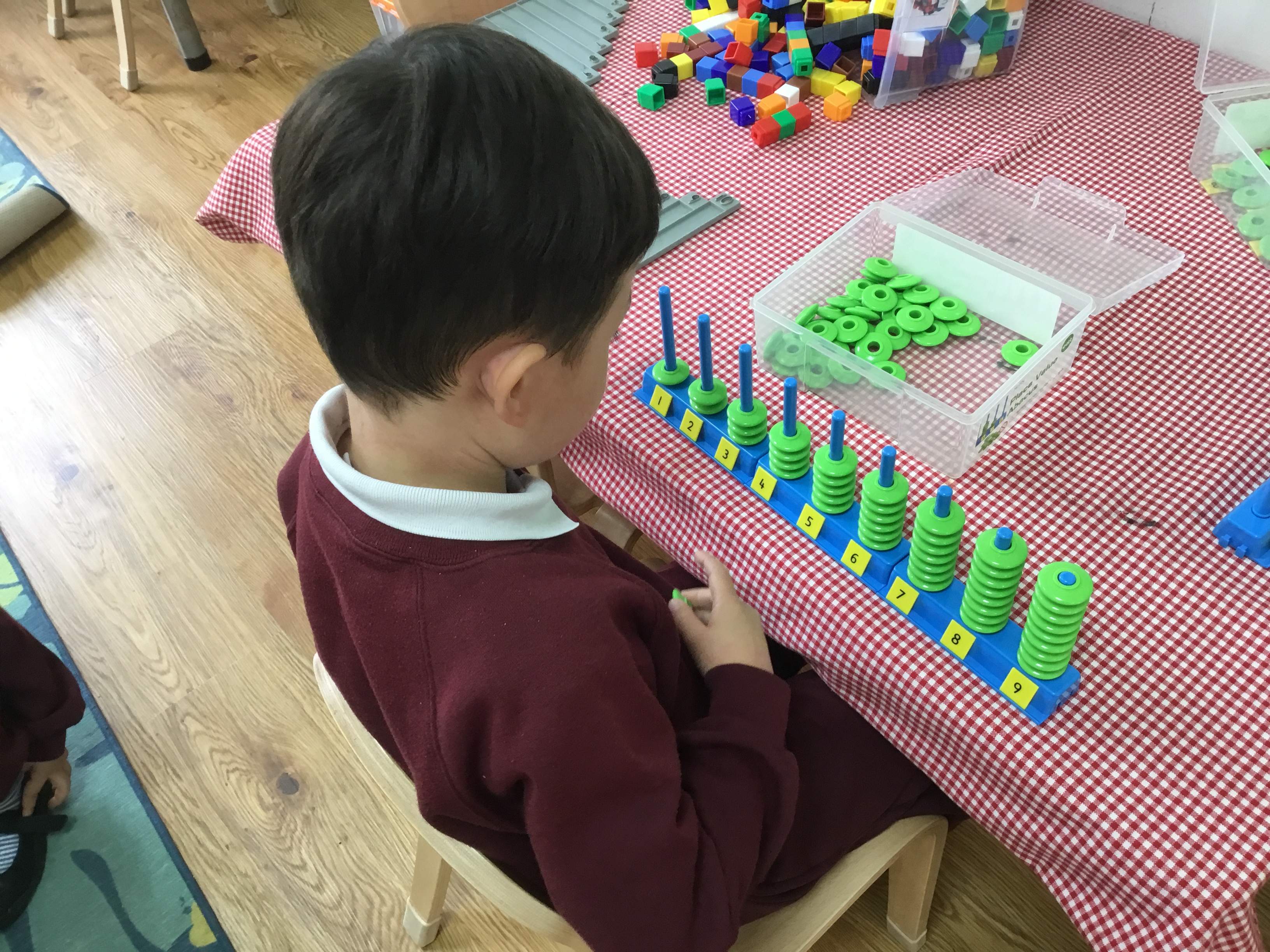
Expressive Art & Design
- Exploring and using media and materials
- Being imaginative
This includes creating music using musical instruments, singing favourite songs and nursery rhymes, role playing and using their imagination, expressive art with exploration using the full range of senses.
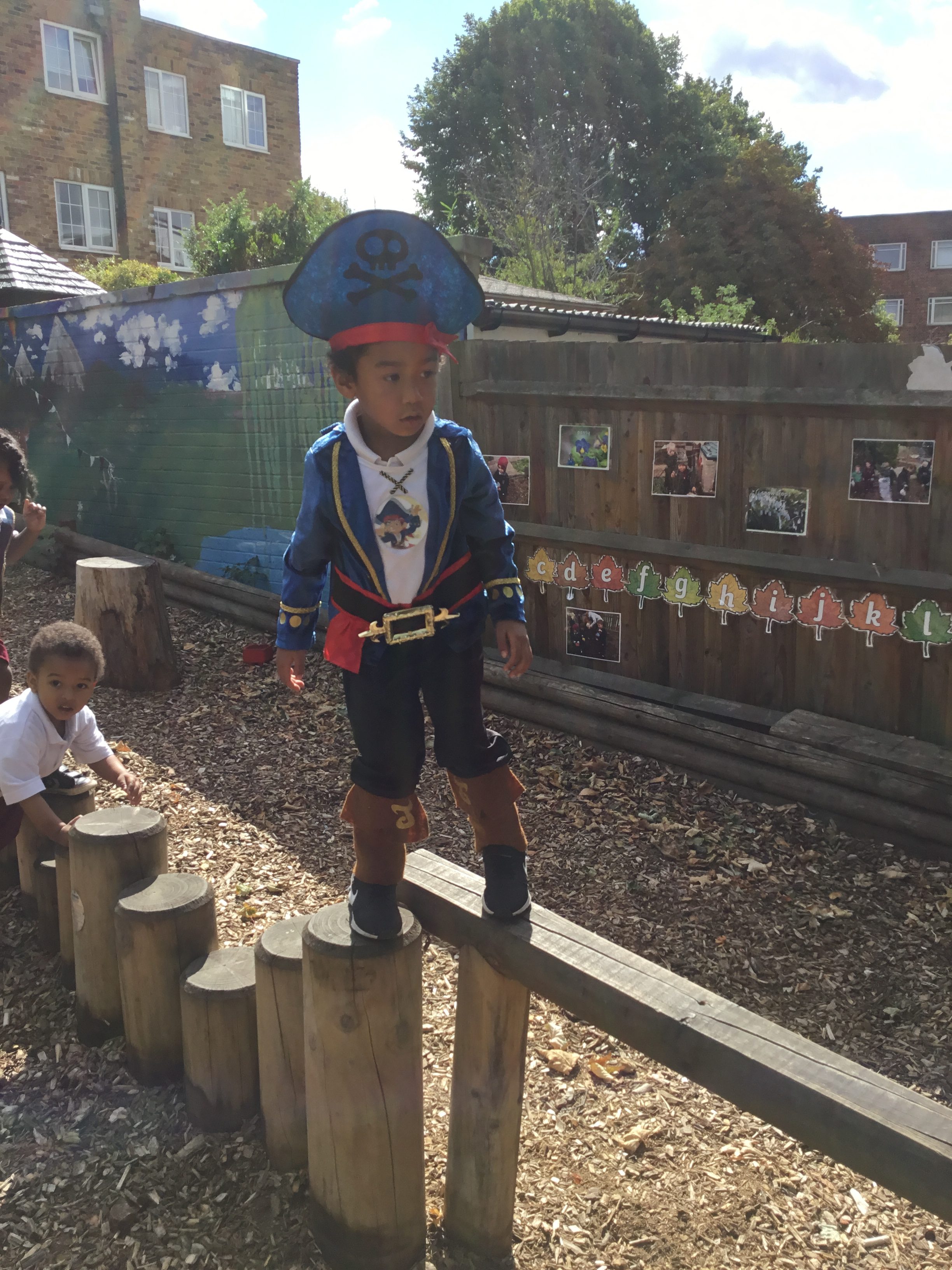
Understanding the World
- People and communities
- The world
- Technology
This includes supporting the children so they can speak about their families, find similarities and differences from others, role playing using small world items, woodland school and operating ICT equipment.
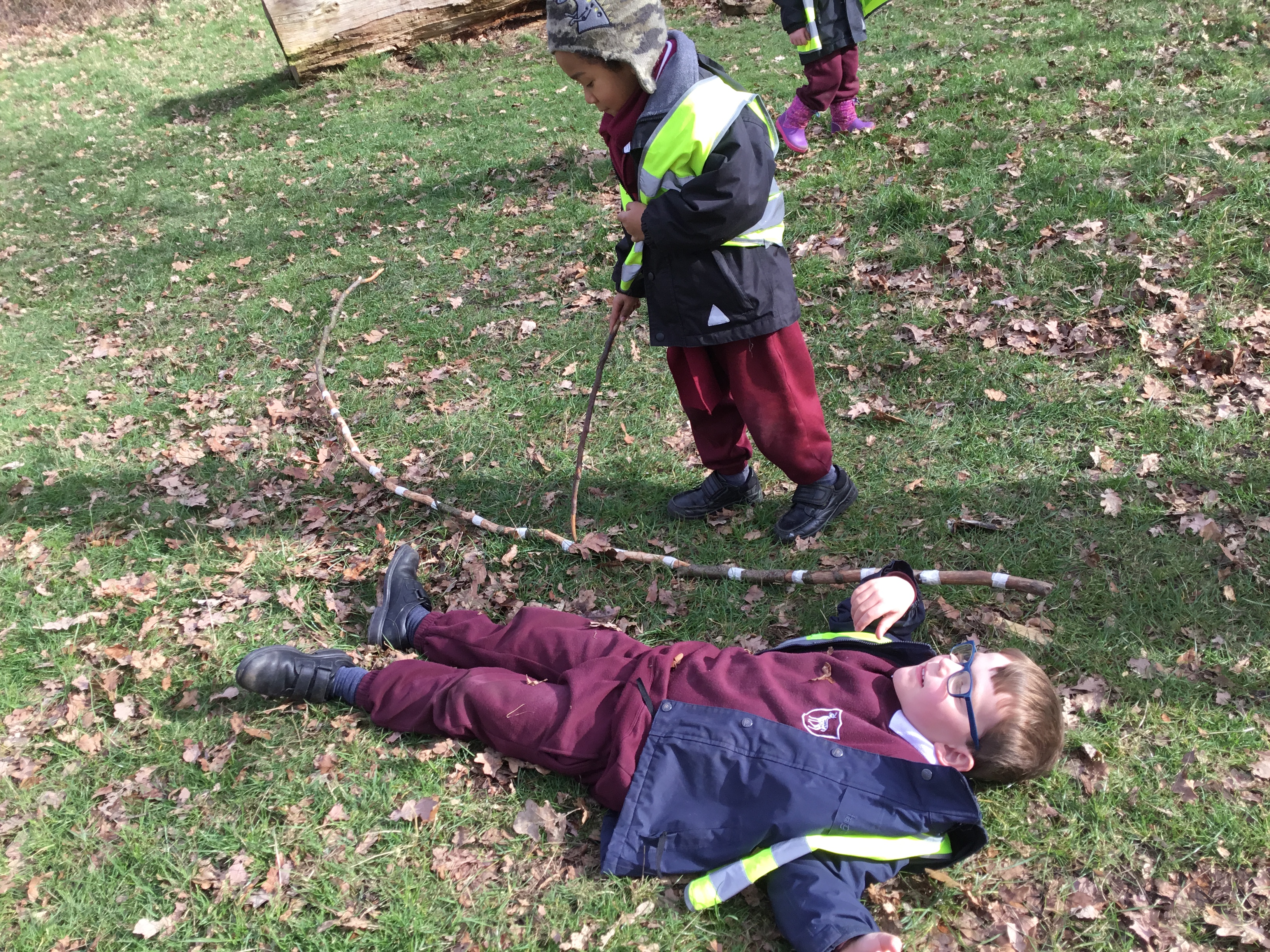
The Early Years school day is a balanced mixture of periods of quiet concentration and more energetic and expressive activities. Pupils may work with an adult on a 1:1 basis or be part of the larger group, depending on the activity.
